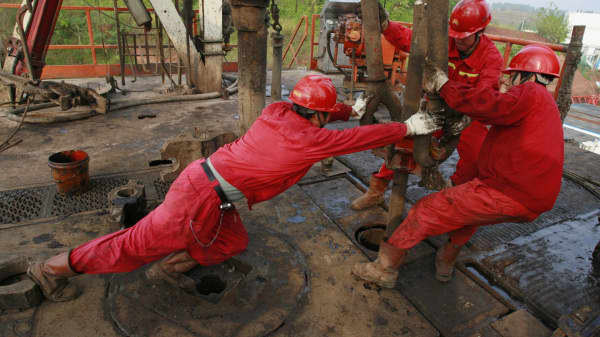Things aren't much better in Angola.
Amid turmoil in the Middle East and Africa in 2011, the Center for Strategic and International Studies identified three major risks for Angola: a downturn in crude prices, difficulty in delivering services to the nation's urban poor, and a botched succession should President Jose Eduardo dos Santos step down after 37 years in office.
Today, the first scenario has come to pass, and the second is underway.
Infrastructure, housing, and access to water and electricity improved significantly for Angola's city dwellers after the country emerged from a quarter century of civil war in 2002. But runaway inflation is inflaming lingering problems in this oil-dependent nation.
"Meeting daily needs has become much more difficult. Food has risen a lot. Transport costs have risen a lot. You see less cars on the road, and people are struggling to take semipublic transport because the prices are also increasing," said Rebecca Engebretsen, a Ph.D. candidate at the University of Oxford who studies oil governance and petroleum revenue.
With the Angolan currency in free fall, Angolans are having a tougher time compensating for the country's underinvestment in education and health care, Engebretsen said. It has become more expensive for Angolans to continue seeking medical care in South Africa and Brazil, and to send children to schools in Portugal and English-speaking countries, she added.











